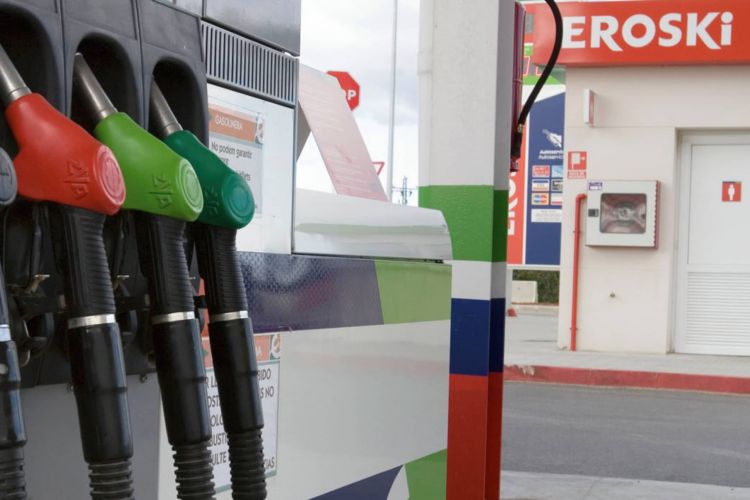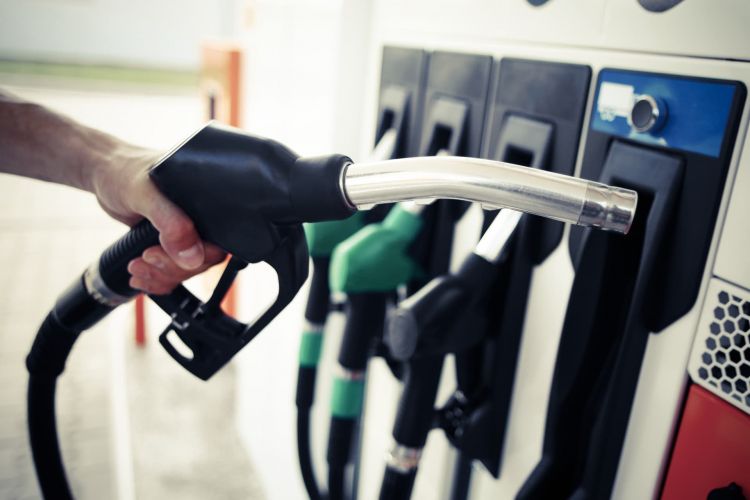In the final stretch of 2022, the current fuel reduction is still waiting to take over from an extension or other government aid. The panorama in Europe is heterogeneous: there are countries that have chosen to eliminate the bonuses, others maintain them, there are those who change the formula and some continue to define what their next steps will be. France has just announced that it will give 100 euros to its drivers, while in Spain we are still waiting to know what 2023 will bring us.
With the aim of minimizing the effect of inflation on drivers’ pockets, Europe has been applying different measures. Countries like Italy, Italy, Poland, Romania and Sweden they chose to lower taxes, while others applied different bonuses. Portugal, For example, it paralyzed the increase in the Carbon Tax and created the AUTOvoucher, a monthly subsidy that translated into a discount of 40 cents per liter in a 50-liter tank.
Germanyalso opted for a discount applied to the price of fuel (which they have already eliminated) and France followed the same path. In the neighboring country, the reduction reached 30 cents although, over time, it has progressively decreased to the current 10 cents that will disappear on January 1, 2023. They share an expiration date with Spain, but there they are already clear about what will happen within 22 days: drivers will receive 100 euros.
20 cents, but not for everyone?
In Spain, the Government is assessing “how far and how” they will continue betting on the discount of 20 cents on fuel. Teresa Ribera, Minister for the Ecological Transition and the Demographic Challenge of Spain, has already given the first clues about the path that this bonus could take as of January 1 if they decide to extend it again. In this case, that discount of 20 cents could stop being general to apply, only, to those who need it most: families with the fairest income and the sectors that work in transportation would be included here.
The example of France
Élisabeth Borne, Prime Minister of France, has announced on RTL that the country will give a bonus of 100 euros to drivers with less income: sit will be a single payment that they will receive at one time. If two adults live in the same household and there are two vehicles, this aid may be 200 euros. France believes that this measure will benefit some 10 million citizens and according to French government calculations, “represents a discount of around 10 cents per liter if you drive 12,000 kilometers a year, which is what the French travel on average.”
However, there are a series of requirements to qualify for this bonus. Only those workers with a monthly income of less than 2,000 euros who certify, with an affidavit, the need for a vehicle to go to your place of work. Users of public transport, the unemployed and pensioners are left out.
Fulfilling these conditions, they will be able to request the bonus of 100 euros from the Treasury by facilitating the registration of their car. France does not distinguish by model: Combustion, hybrid, plug-in hybrid and electric are included. Also two-wheeled vehicles.





